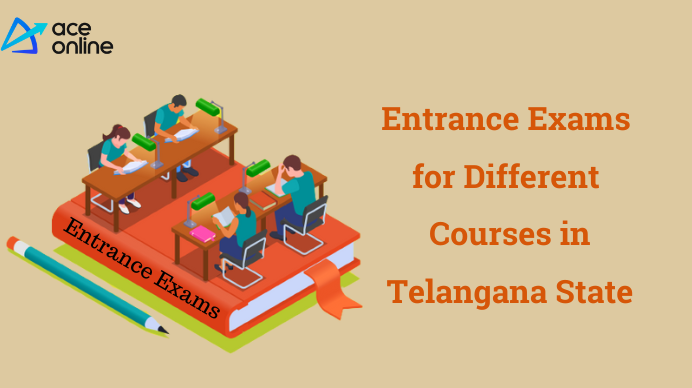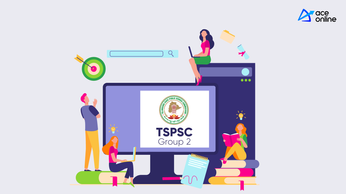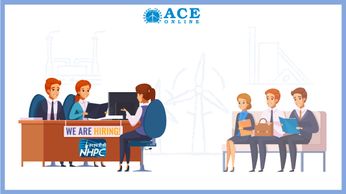
UPSC IES 2023: Top Preparation Tips
The Union Public Service Commission (UPSC) annually conducts this exam to recruit engineers from different fields. These include telecommunication engineering, civil engineering, electrical engineering, and mechanical engineering fields.
The UPSC IES exam is among the top-rated government jobs, engineering students aim at. They will receive jobs at the Indian Railways, Indian Telecommunication Service, Electricity departments, Indian Navy, Indian Naval Armament Service, Central Engineering Service, Indian Defense Service of Engineers, Indian Ordnance Factories Service (IOFS), and Central Water Engineering Services.
The Union Public Service Commission (UPSC) annually conducts this exam to recruit engineers from different fields. These include telecommunication engineering, civil engineering, electrical engineering, and mechanical engineering fields.
Understanding the syllabus and solving previous years’ questions are great techniques in a preparation strategy. Continue reading to learn all the preparation tips and tactics for the UPSC IES exam 2023. Let’s ace it!
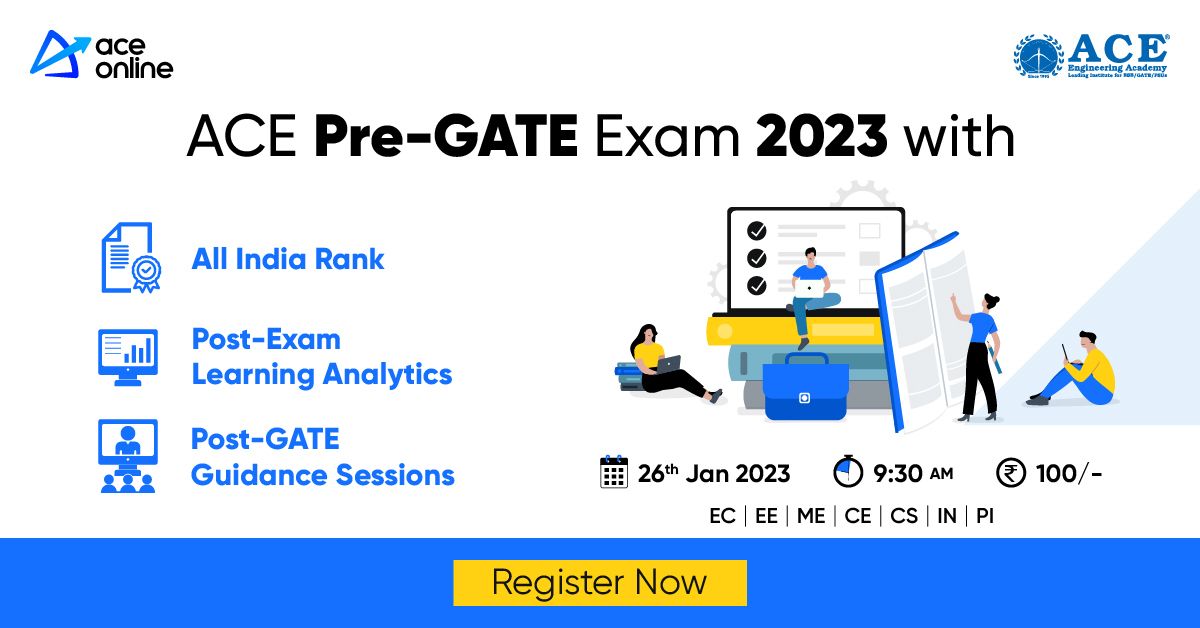
Understand the IES Exam Pattern
The IES exam consists of three stages. These are the preliminary exam, the Mains exam, and the Personal Interview/Personality test.
The Prelims exam, or Stage 1 of the test, consists of two papers –
- Paper 1: General Studies and Engineering Aptitude - 200 marks
- Paper 2: Civil/Electronics/Electrical/Mechanical/Telecommunication Engineering questions – 200 marks
Further, Paper 1 has 200 marks, and Paper 2 has 300 marks.
The UPSC IES Mains exam consists of two papers with core engineering questions. These papers comprise 600 marks in total, where 300 marks are for each paper.

Be Well-Versed with the Syllabus
After understanding the UPSC IES Exam Pattern, you must know the IES exam syllabus in-depth.
Begin with studying the topics in the General Studies and Engineering Aptitude paper. These include current affairs, occurrences of national importance, engineering basics, material science, design principles, logical reasoning, and analytical aptitude.
Paper 2 and the other papers in the main exam will focus on questions related to the core engineering branch. Take a look at the complete ESE Syllabus
Solve Sample Papers and Previous Years’ Questions
To understand the question type in the UPSC IES exam syllabus, collect the previous year's question papers. Solve papers from the last 10 years to get a clear idea about the IES exam pattern and weightage.
Solve them daily to learn essential topics and repeated questions. Moreover, note down these questions and topics to focus properly on them. A closer look at these question papers will help determine each topic's relevance and importance.
This way, you can identify the area to score easily and those needing special attention. Along with these papers, keep solving sample question papers to refine your knowledge.
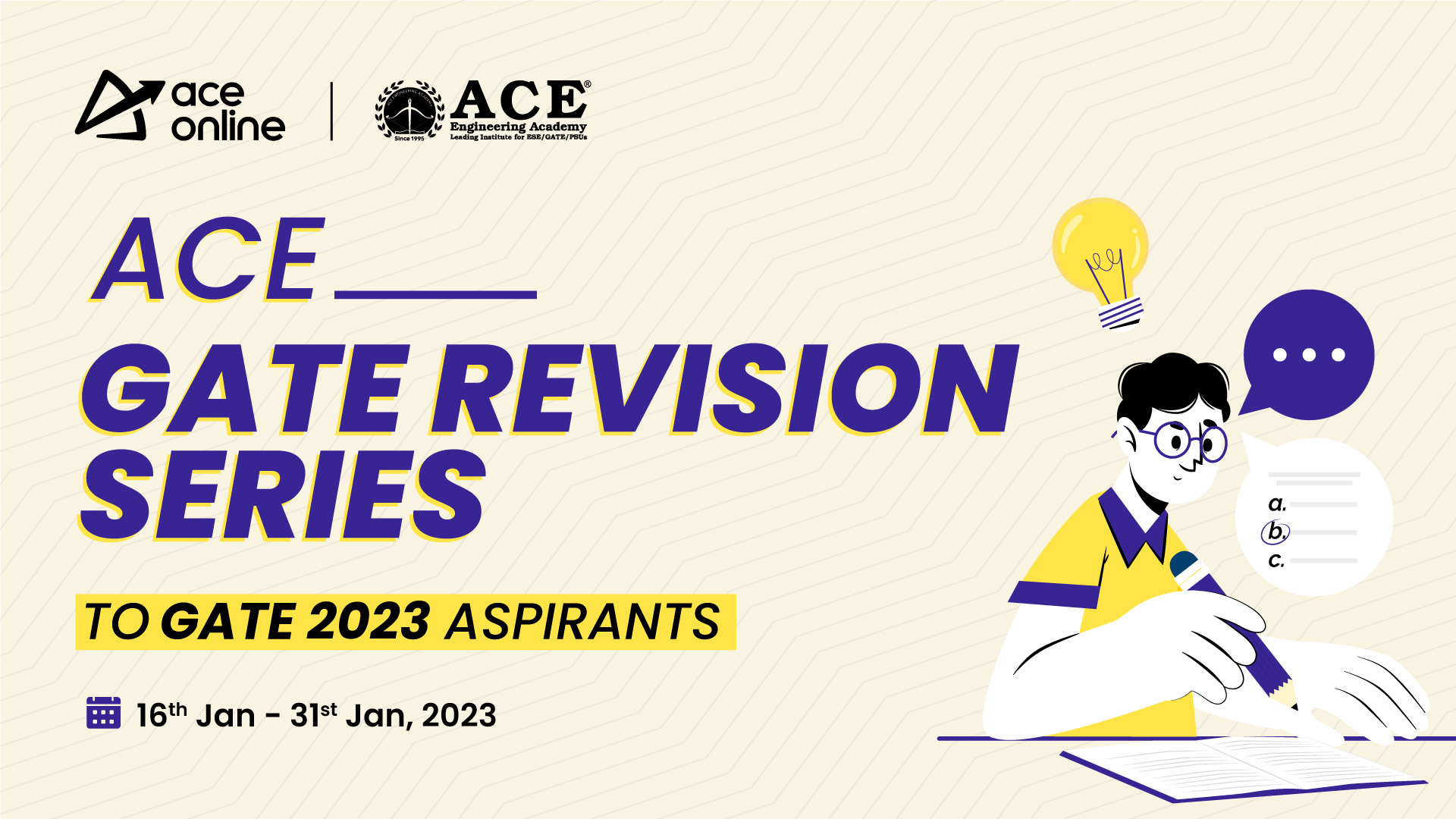
Join a Recognised Coaching Institute
You might need clarification on a few topics and require guidance. So, joining a coaching institute will be an excellent preparation strategy. Clearing your doubts, asking other questions, and receiving tips will be easier.
A coaching institute is also excellent for interacting with other aspirants and learners. Many coaching centers offer study material you can refer to at home while learning.
Keep a Note of Important Details
During intense preparation, you might lose track of the minor details of the exam. These include details like the IES exam eligibility, fees, and the IES exam date in 2022.
So, write down these details on your laptop or a small notebook -
- The minimum eligibility is having an engineering degree from a recognized institute
- 4th October 2022 was the last date for online application form submission
- IES exam date commencement - 19/02/2023
- The examination fee is INR 200
Check out the official website of the UPSC to get updated details about admit card issuance and IES Exam 2023.
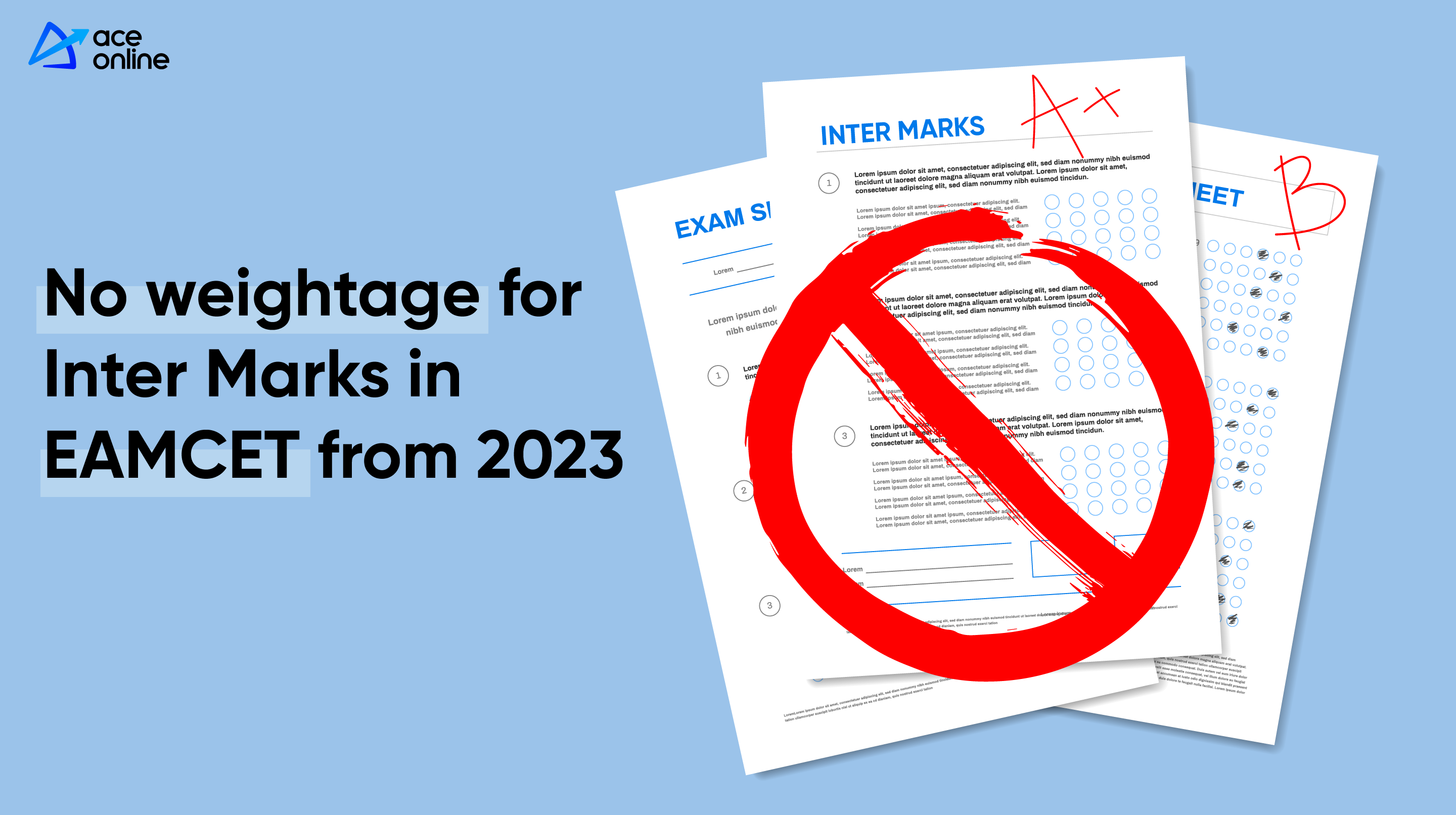
Section-Wise Preparation
After knowing the UPSC IES Exam syllabus and IES exam pattern, you need to prepare for each section separately. For the General Studies and Engineering Aptitude section, read newspapers, books, and watch the news daily.
It will help you stay updated about the latest events and improve your general knowledge.
Moreover, the engineering aptitude section will require a thorough understanding of the fundamental engineering concepts and Engineering Mathematics.
Covering the basic and advanced concepts for the core engineering papers is essential. Read NCERT textbooks, study material, and reference books to grasp the concepts. Remember that the Mains exam will have more in-depth questions, so consistent practice and learning are vital.
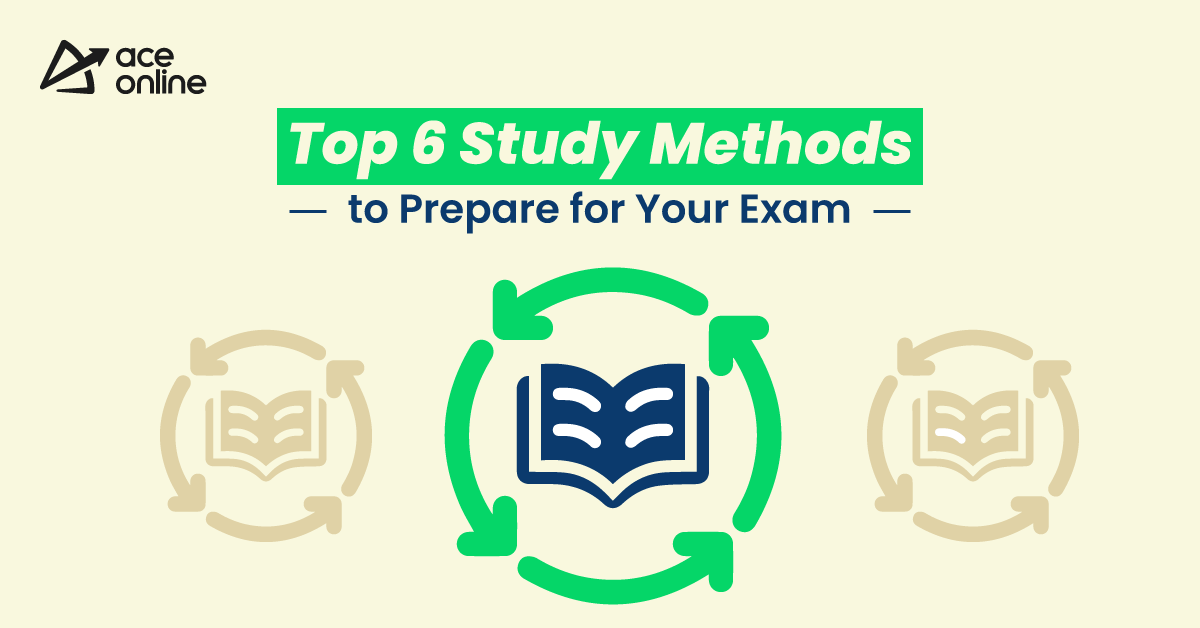
The Bottom Line
Candidates clearing the UPSC IES exam can get jobs in naval armament service, central water engineering, and similar departments. So, the competition is stiff, and a systematic preparation approach is necessary. Improve your time management and understanding of fundamental concepts of the UPSC IES exam. Work on being disciplined and managing stress properly.
Prepare well and set your mind free from stress because hard work alone gives you a cut to it. So, Keep your mind calm and prepare smartly.
For more suggestions and preparation strategies, Follow our blog. ALL THE BEST!
ACE Online Newsletter
Join the newsletter to receive the latest updates in your inbox.

